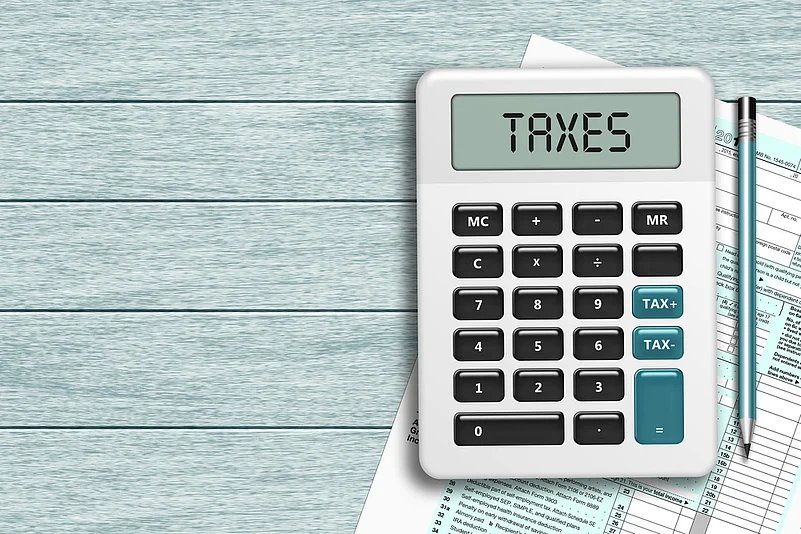The interest that you earn on your savings in a bank or post office account or a fixed deposit is subject to taxes. However, the taxability rules are different for interest income from FDs and that from savings accounts. Here are the details you must know.
Taxability Of Income From Savings Accounts
“Interest income from savings account with a bank, savings account with a co-operative society carrying on the business of banking and savings account with a post office are allowed as deduction under Section 80TTA (of the Income-tax Act, 1961). The maximum deduction allowed under Section 80TTA is Rs 10,000. You have to consider your total interest income from all banks where you have accounts,” says Arijit Sen, a Sebi-registered investment advisor and co-founder of Merry Mind, a Kolkata-based financial advisory firm.
If the interest income is more than Rs 10,000, which typically is not the case since not many people keep large amounts in savings accounts, the balance gets added to the total income of the taxpayer.
The tax treatment for senior citizens is slightly different. “With the introduction of Section 80TTB exclusively for senior citizens, deduction under Section 80TTA is not available to senior citizens. Here, if the interest income is less than Rs 50,000, then the total amount of interest income is tax-exempt. However, if the interest income is more than Rs 50,000 (including interest from all the deposits) then Rs 50,000 is available as a deduction,” he adds.
Taxability Of Income From Fixed Deposits
The interest earned on bank fixed deposits is fully taxable. “It will be added to your gross income and taxed at the slab rates that relate to your total income,” says Sen.
You also need to understand the rules around tax deducted at source (TDS) on interest earned on fixed deposits. If interest income from all FDs is less than Rs 40,000 in a year, the income is TDS exempt. For senior citizens, aged 60 and above, this cap is Rs 50,000. Otherwise, banks are required to deduct TDS at the rate of 10 per cent on FD interest. In case the depositor fails to submit a Permanent Account Number (PAN), the bank will deduct TDS at the rate of 20 per cent.
For those who are in the highest tax bracket, paying just TDS will not be enough, and they may find that they have additional tax liability, at the time of filing their income tax returns.
However, if your income is below the exempted limit, you may avoid paying TDS by submitting form 15G or 15H, as the case may be. Form 15G and form 15H are self-declaration forms which you need to submit to your bank with a request not to deduct TDS as your total income is below the basic exemption limit. There are two categories of forms for the purpose—Form 15G is for those who are less than 60 years of age and form 15H is for those above 60 years of age. These forms need to be submitted at the beginning of each financial year.
You need to report such income every year when filing taxes. It is advisable not to wait till maturity to report interest income on your FD as it may mean you fall into a higher tax bracket and end up pay more tax.
















